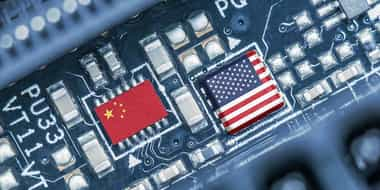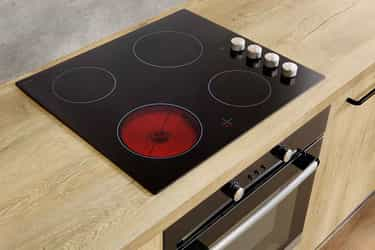
Oct 7, 2024
Printed Circuit Boards (PCBs) are the backbone of modern electronics, powering everything from smartphones and computers to advanced medical devices and aerospace technologies. The demand for PCBs has surged as the world increasingly relies on electronic systems, making it a vital component in the global technology landscape.
In this blog, we explore the different types of PCBs, market trends, and key factors shaping the industry, and also discuss the various sectors within the global PCB market.

As electronics demands evolve, so do PCBs. There are several types of PCBs, each designed for different uses.
The global markets for printed circuit boards (PCBs) was valued at $67.9 billion in 2023. It is projected to grow from $70.9 billion in 2024 to $92.4 billion by the end of 2029, at a compound annual growth rate (CAGR) of 5.4% from 2024 through 2029.
The global PCB market has experienced significant growth in recent years, driven by technological advancements and the increasing demand for electronic devices. According to BCC Research, the PCB market was valued at $67.9 billion in 2023 and is expected to grow from $70.9 billion in 2024 to $92.4 billion by 2029 at a compound annual growth rate (CAGR) of 5.4% from 2024 to 2029. Several factors are propelling this growth:
The growing trend toward EVs and hybrid EVs (HEVs) has further expanded the use of PCBs in the automotive industry.
Printed circuit boards (PCBs) are the backbone of the electronics industry. From flexible designs to embedded components, PCB innovations drive the development of more compact, powerful, and reliable electronic devices. With ongoing advancements in technologies like 5G, IoT, and electric vehicles, the global PCB market is set to grow substantially over the coming years.
Consider becoming a member of the BCC Research library and gain access to our full catalog of market research reports in your industry. Not seeing what you are looking for? We offer custom solutions too, including our new product line: Custom Intelligence Services.
Contact us today to find out more.

Heena Singh is a Senior Executive Email Marketer at BCC Research, with a master’s degree in computer applications. She specializes in content creation and data analytics.

Biophotonics: Technologies and Global Markets (PHO024B)

Global Trade: A Strategic Shift The global trade environment is undergoing a dra...

The global demand for cutting-edge materials continues to rise, and at the foref...

We are your trusted research partner, providing actionable insights and custom consulting across life sciences, advanced materials, and technology. Allow BCC Research to nurture your smartest business decisions today, tomorrow, and beyond.
Contact UsBCC Research provides objective, unbiased measurement and assessment of market opportunities with detailed market research reports. Our experienced industry analysts assess growth opportunities, market sizing, technologies, applications, supply chains and companies with the singular goal of helping you make informed business decisions, free of noise and hype.